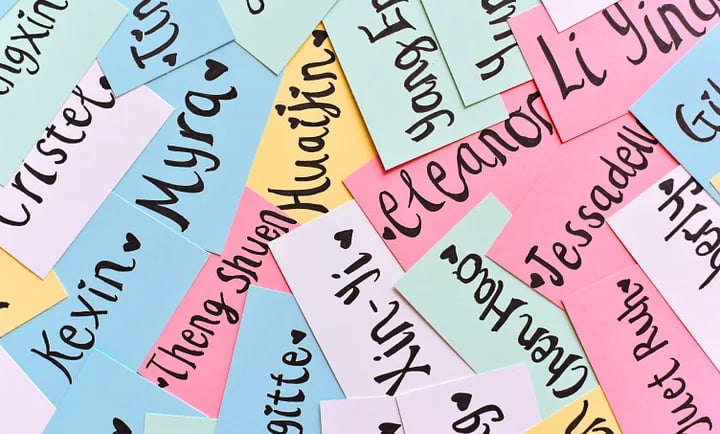We are re-launching during August, with some exciting material here and on our social media channels. Watch for more information, and visit our YouTube channel.
The Power of Names: Why Getting It Right Matters for BIPOC Students
6/20/20242 min read


As teachers, we are privileged to shape young minds and create inclusive learning environments where every student feels seen, heard, and valued. For BIPOC students, one of the most fundamental ways we can demonstrate this respect is by using their correct given names when addressing them.
I was reading through my copy of the Virginia Journal of Education, and on page 5 was a short section called "Say My Name." It contained a quote from U.S. Secretary of Education Miguel Cardona from one of his social media posts, addressing the issue of using correct student names. He says, "My name is Miguel, but many of my teachers called me Michael. In seventh grade, I finally had the courage to tell my principal that I'd like to be called by the name my Latino parents gave me – Miguel, not Michael. To any student reading this, your identity matters." (Miguel Cardona on X)
Names are more than just labels; they are intrinsically tied to a person's identity, culture, and sense of self. When we mispronounce or anglicize a student's name, even unintentionally, we risk diminishing their cultural heritage and saying their identity is unimportant enough to get right.
Many BIPOC students' names hold deep significance and are often rooted in familial traditions, linguistic origins, or cultural values. By learning the proper pronunciation and spelling of their names, we not only show respect for their individuality but also validate the richness of their cultural backgrounds.
Moreover, using a student's correct name is a powerful way to foster a sense of belonging and inclusion within the classroom community. Students who feel that their identities are acknowledged and celebrated are more likely to engage, participate, and thrive academically.
As educators, we have the responsibility to create safe and affirming spaces where BIPOC students can embrace their whole selves without fear of erasure or marginalization. By learning and using their correct names, we send a powerful message: "You matter, your identity is valued, and you belong here."
Acknowledging that getting names right may require effort, especially when navigating unfamiliar cultural or linguistic contexts, is important. However, this effort is a small price to pay for the profound impact it can have on a student's sense of self-worth and academic success.
Ultimately, using a student's correct name is not just a matter of courtesy; it's a fundamental act of affirmation and respect that can profoundly shape a BIPOC student's educational experience. As educators, let us commit to this simple yet powerful practice, for in doing so, we honor the diversity of our classrooms and empower our students to embrace their authentic selves.
